Insight Focus
- Spain and other Mediterranean sugar beet producers are facing near-record temperatures.
- However, looking at the weather across the ‘beet belt’ region is more important for sugar.
- Soil moisture has been below average in parts of this region, with worse possibly yet to come.
Whilst the media is currently focussed on the heatwave and wildfires currently raging in southern Europe, for sugar we should have attention focussed further north.
No Rain in Spain, even on the Plain
Southern Europe is currently facing a period of extreme heat, parts of Spain, Italy and Greece are experiencing sustained temperatures near 40 degrees Celsius and have been for over a week.
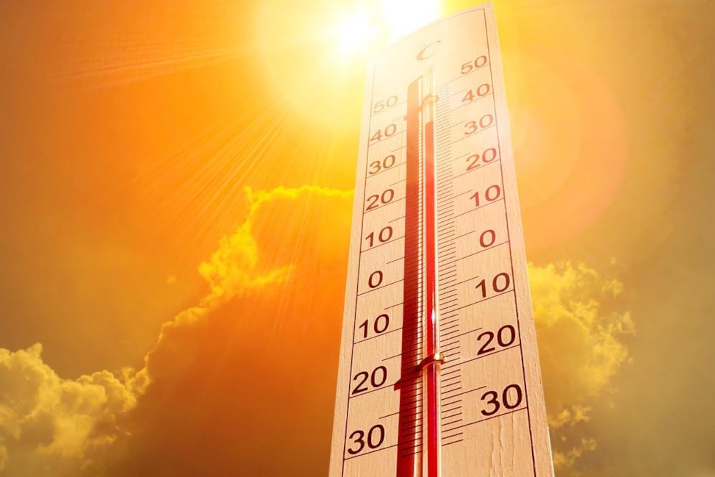
Most of Spain had been on Alert for drought in June accord ing to the European Drought Observatory, the most severe rating the EDO offers.
Likewise, rainfall across the sugar beet regions of Spain so far this year has been particularly weak, around 20% of the 10-year average. Though, this closely mirrors the 2022 growing season.
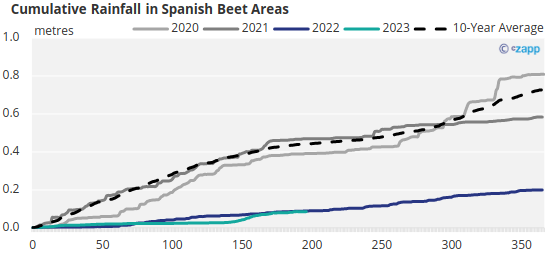
However, whilst this heatwave is significant for other reasons, these three Mediterranean countries only account for around 3-5% of total EU and UK sugar production per season and the risk of adverse weather has already been somewhat built into our forecasts.
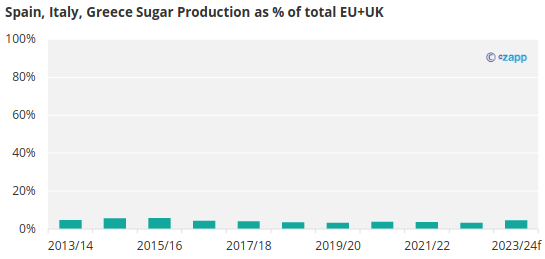
The Beet Belt is far more Important
The weather in the ‘beet belt’ (France, Germany, Poland, Netherlands, UK) is far more important to the health of the EU and UK sugar beet crop, these countries normally account for around 70-80% of total sugar production.
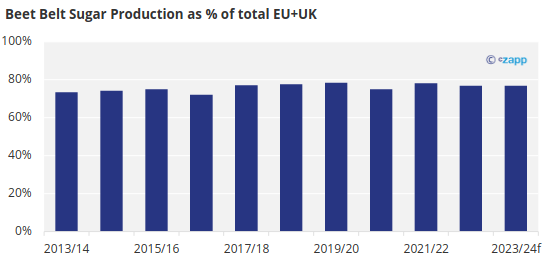
Currently there is a less severe warning of vegetation stress across Northern Europe, covering the beet belt.
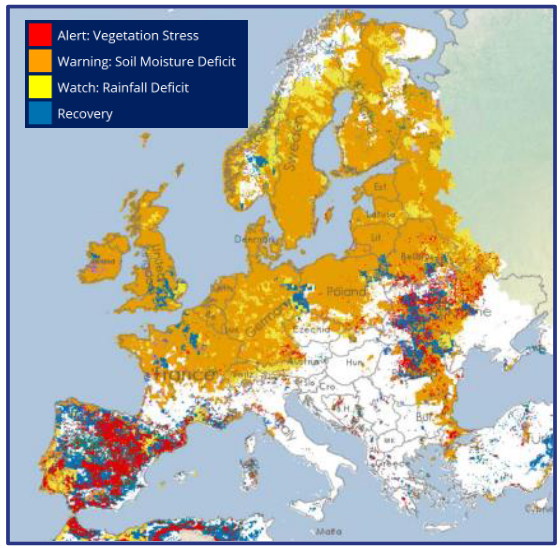
Source: European Drought Observatory
This is reflected in well below average soil moisture in the beet regions of at least Germany, Poland and the Netherlands:
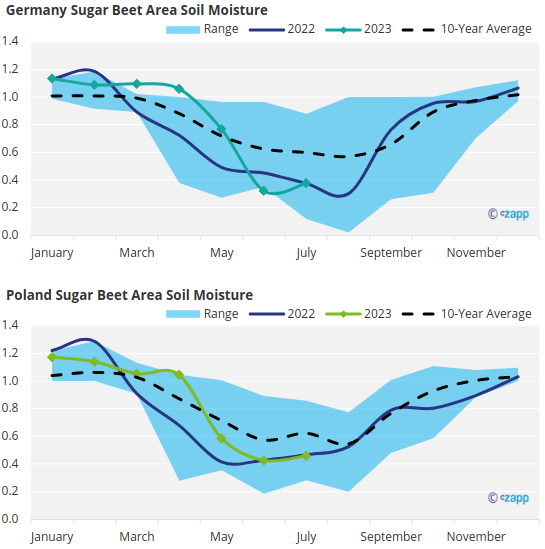
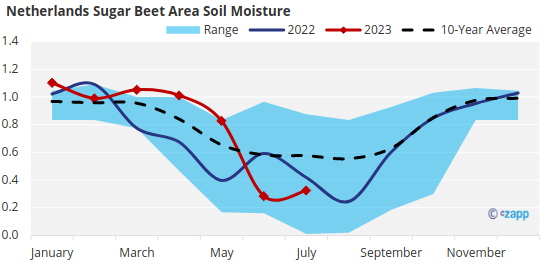
Each case roughly tracks the pattern of last year where August 2022 experienced one of the worst droughts in recent years across this region of Europe.
August 2022 EDO Report
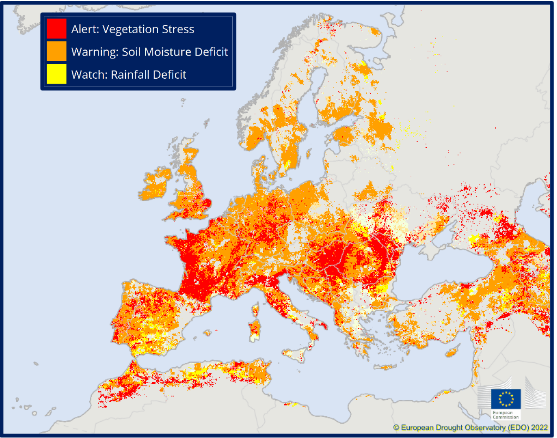
Source: European Drought Observatory
There is growing expectation that conditions this year will be the same, potentially putting the ‘beet belt’ crop under similar stress if worse is yet to come for the beet belt producers.
Since we use short-term rolling averages to help inform our forecast for yields, then our current forecast for 2023/24 yields will already be somewhat accounting for less-than-ideal weather in the remainder of the growing season.
Though should the current drought warnings escalate beyond the scope of last summer there is still very real risks of further downside.
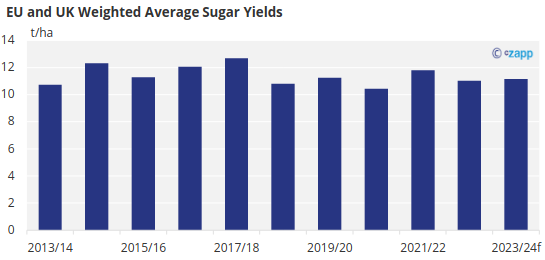
If you have any questions, please get in touch with us at Jack@czapp.com.














